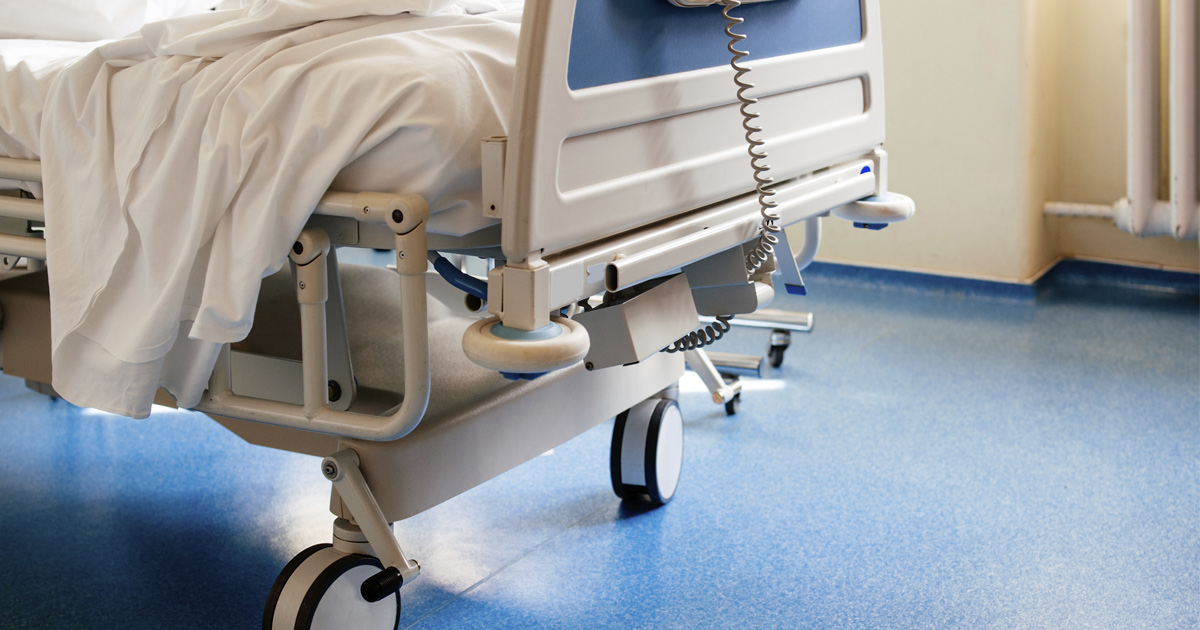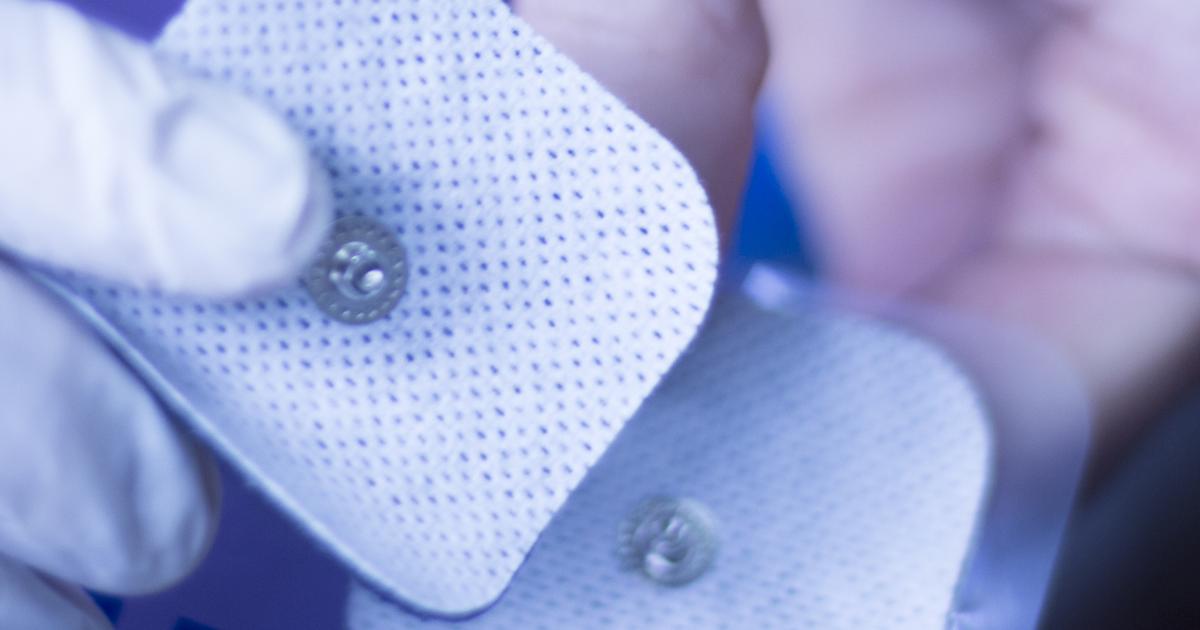A Guide For Dealing With Depression
Hospital In-Patient Programs

When an individual's depression becomes so severe that they're at risk of hurting themselves, there are hospital in-patient programs that can help. During an inpatient program, patients stay at the hospital. This gives them a safe, controlled environment to address their mental health issues. During their stay, they'll probably engage in individual therapy, group therapy, and try different medications.
Patients also may have both their physical and mental health evaluated to see if any underlying conditions are contributing to the depression. Inpatient programs are good for those experiencing suicidal thoughts or thoughts of self-harm. They're also good if an individual's depression has incapacitated them badly enough that they can't take care of themselves every day.
Electroconvulsive Therapy

Electroconvulsive therapy (ECT) is a type of therapy that helps with treatment-resistant depression. Doctors typically prescribe electroconvulsive therapy if patients have already tried most of the available medications and other treatments and are still suffering from severe symptoms. This form of therapy is often misunderstood. It's a painless procedure and performed while a patient is under general anesthesia.
Since ECT works faster than many other treatments, it's a good choice for patients with severe or suicidal depression. However, electroconvulsive therapy treatments tend to have only temporary effects, so most doctors will combine them with other forms of therapy. This form of treatment, it is important to note, can also have side effects like memory loss.
